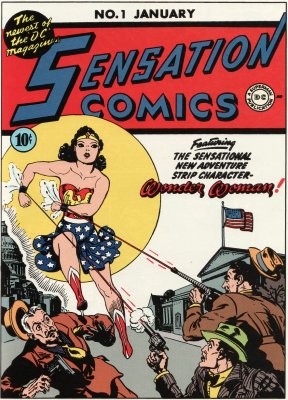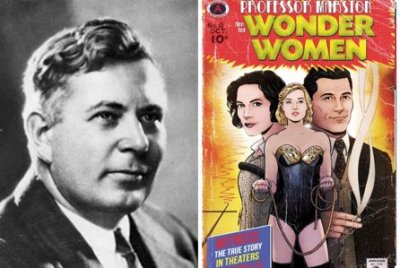Kind of a noir inspired thread, but these days there's Ashley Madison, before that there was Craigslist (and associated killer!), but how did people hook up in the golden era? Small adds and specialist magazines? It all seems to be incredibly hard work in a world without mobile internet, but human nature being what it is, people must have wanted to meet people for recreational NSA (I believe it's called) 'fun'.
In fact, in an era without internet dating services, what kind of socially damaging risks and scandals were associated with this sort of thing? Were there secret 'clubs' or organizations in the golden era?
In fact, in an era without internet dating services, what kind of socially damaging risks and scandals were associated with this sort of thing? Were there secret 'clubs' or organizations in the golden era?




